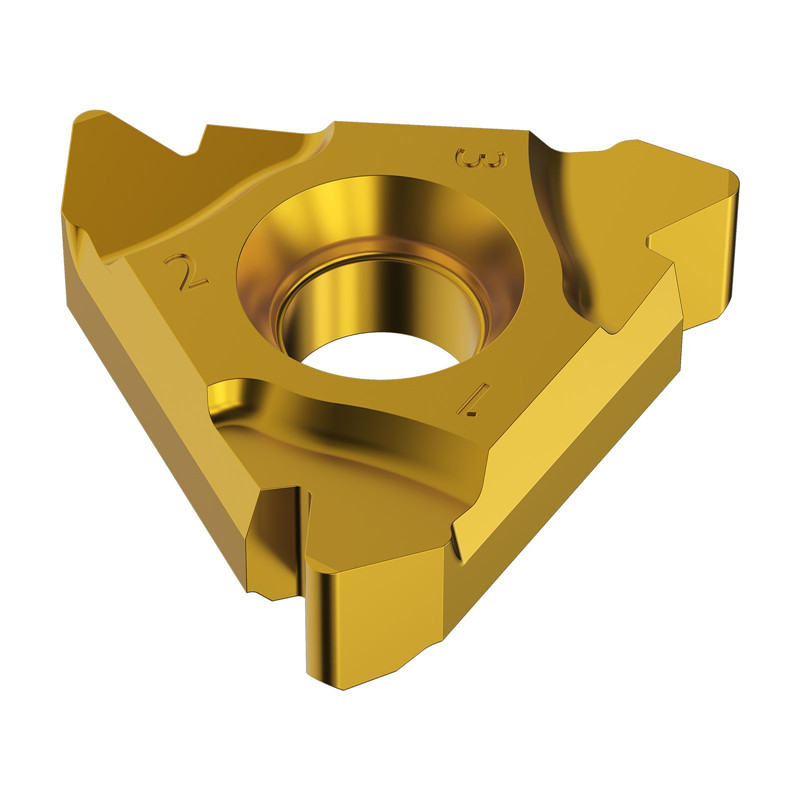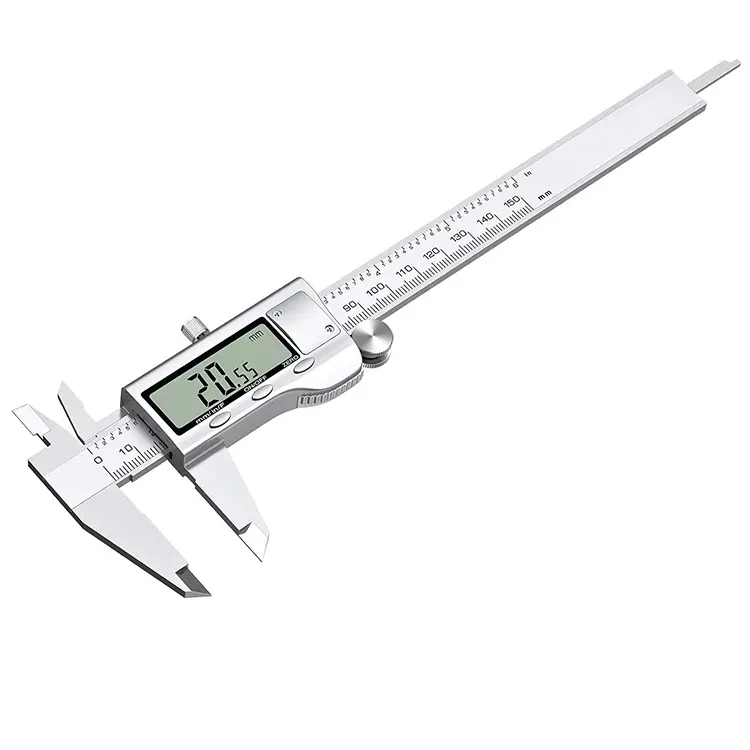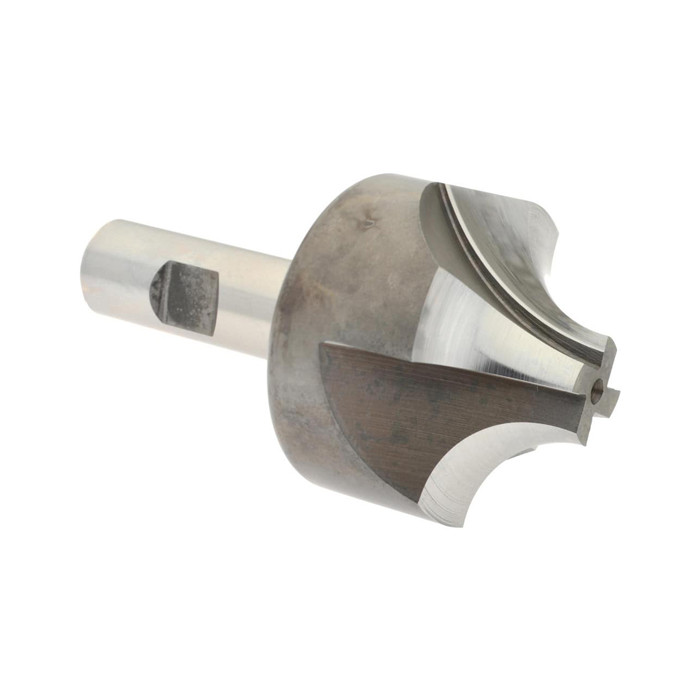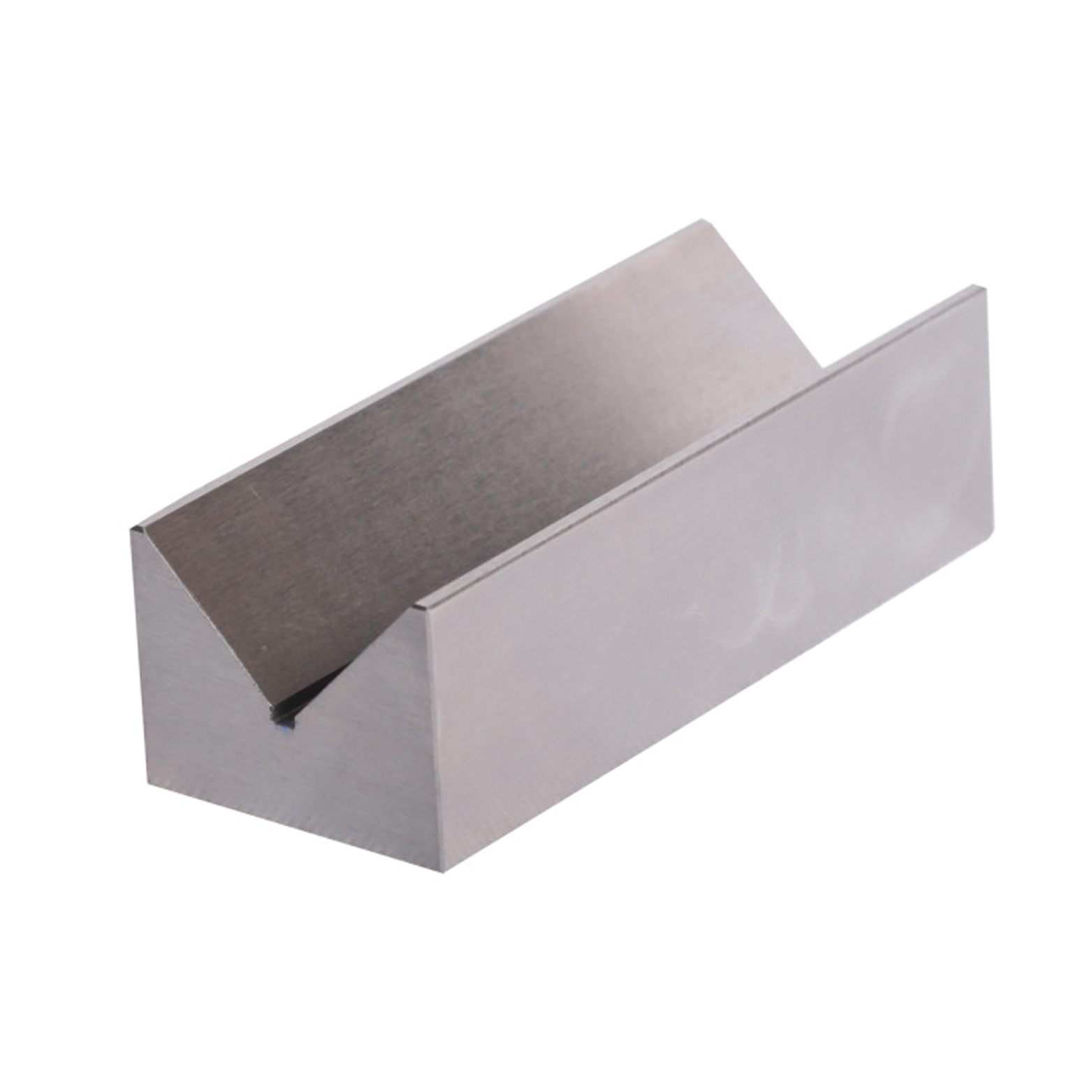carbide inserts
Carbide inserts are small, replaceable cutting tools used in milling, turning, and other machining operations. They are made from cemented carbide, a composite material known for its exceptional hardness, wear resistance, and ability to withstand high temperatures. This guide provides a detailed overview of carbide inserts, covering their types, grades, applications, and selection criteria, enabling informed decisions for optimal machining performance.Understanding Carbide InsertsCarbide inserts have revolutionized the metalworking industry due to their ability to maintain a sharp cutting edge at high speeds and feeds. This allows for increased productivity and improved surface finish compared to traditional high-speed steel (HSS) tools. Wayleading Tools offers a wide variety of carbide inserts to meet the diverse needs of our customers. Our inserts are manufactured to the highest standards, ensuring consistent performance and long tool life. You can explore our range of carbide inserts on Wayleading Tools.What are Carbide Inserts Made Of?Carbide inserts consist of hard carbide particles (typically tungsten carbide, titanium carbide, or tantalum carbide) bonded together by a metallic binder, usually cobalt. The proportion and type of carbide and binder materials influence the insert's properties, such as hardness, toughness, and wear resistance.Benefits of Using Carbide Inserts High Cutting Speeds: Carbide inserts can withstand higher cutting speeds than HSS tools, reducing cycle times. Improved Tool Life: The superior wear resistance of carbide extends tool life, minimizing downtime for tool changes. Enhanced Surface Finish: Carbide inserts maintain a sharper cutting edge, resulting in a smoother surface finish. Versatility: Carbide inserts are available in various shapes, sizes, and grades to suit a wide range of materials and applications.Types of Carbide InsertsCarbide inserts are classified based on several factors, including shape, application, and coating.ShapeCommon insert shapes include: Square: Offers multiple cutting edges and good stability. Triangle: Provides three cutting edges and excellent chip control. Diamond: Suitable for profiling and finishing operations. Round: Ideal for roughing and generating complex shapes. Rhombic: Versatile for turning and facing operations.ApplicationInserts are designed for specific machining operations, such as: Turning: For external and internal turning operations. Milling: For face milling, end milling, and slotting. Threading: For cutting external and internal threads. Grooving: For creating grooves and channels. Parting Off: For cutting off workpieces.CoatingCoatings enhance the performance of carbide inserts by increasing wear resistance, reducing friction, and improving heat resistance. Common coatings include: Titanium Nitride (TiN): A general-purpose coating for improved wear resistance. Titanium Carbonitride (TiCN): Offers higher hardness and wear resistance than TiN. Aluminum Oxide (Al2O3): Provides excellent heat resistance for high-speed machining. Diamond: Extremely hard and wear-resistant for machining abrasive materials. Multilayer Coatings: Combine multiple layers of different coatings to optimize performance.Carbide Insert Grades and Their ApplicationsCarbide insert grades are designated using alphanumeric codes that indicate their hardness, toughness, and wear resistance. The International Organization for Standardization (ISO) classification system is commonly used.Here's a simplified overview of common ISO carbide grades and their typical applications: ISO Grade Application Material P10-P20 Continuous cutting, finishing to light roughing Steel P25-P40 General purpose, medium cutting conditions Steel M10-M20 Continuous cutting, finishing to light roughing Stainless Steel K10-K20 High hardness, good wear resistance Cast Iron, Non-Ferrous Metals Source: ISO Standard 513Choosing the correct grade is crucial for optimal performance and tool life. Softer grades are tougher and more resistant to chipping, while harder grades offer better wear resistance. For machining Inconel, a nickel-based superalloy known for its high-temperature strength and corrosion resistance, specialized carbide inserts are essential. Wayleading Tools offers a range of carbide inserts specifically designed for machining Inconel and other difficult-to-cut materials, ensuring optimal performance and tool life.Selecting the Right Carbide InsertSelecting the right carbide insert involves considering several factors:Workpiece MaterialThe material being machined is the primary factor in selecting the appropriate carbide insert grade. Different materials require different levels of hardness, toughness, and wear resistance.Machining OperationThe type of machining operation (e.g., turning, milling, threading) dictates the insert shape and geometry. Roughing operations require stronger inserts with larger cutting edges, while finishing operations require sharper inserts for a better surface finish.Cutting ParametersCutting speed, feed rate, and depth of cut influence the selection of the insert grade and coating. Higher cutting speeds and feed rates require inserts with better heat resistance and wear resistance.Machine ToolThe rigidity and power of the machine tool also play a role in insert selection. Less rigid machines may require tougher inserts to prevent chipping and breakage.Carbide Insert TroubleshootingEven with proper selection, carbide inserts can experience issues. Here are some common problems and their solutions: Chipping: Caused by excessive cutting forces, incorrect insert grade, or unstable machine setup. Reduce cutting forces, select a tougher insert grade, or improve machine stability. Wear: Occurs due to high cutting speeds, abrasive materials, or insufficient coolant. Reduce cutting speeds, select a more wear-resistant insert grade, or increase coolant flow. Built-up Edge (BUE): Results from low cutting speeds, high cutting temperatures, or gummy materials. Increase cutting speeds, use a sharper insert grade, or apply a coating to reduce friction.ConclusionCarbide inserts are indispensable tools for modern machining operations. By understanding their types, grades, applications, and selection criteria, machinists can optimize their machining processes, improve productivity, and achieve superior results. Remember to consult with reputable suppliers like Wayleading Tools for expert advice and high-quality carbide inserts. We are dedicated to providing our customers with the best tooling solutions and support to help them succeed. Feel free to contact us through Wayleading Tools contact page for any questions or assistance.
Related products
Related products
Best selling products
Best selling products-
 HSS Keyway Broach With Metric And Inch Size, Push Type
HSS Keyway Broach With Metric And Inch Size, Push Type -
 Plain Back ER Collet Fixture With Lathe Collet Chuck
Plain Back ER Collet Fixture With Lathe Collet Chuck -
 HSS Metric 4 Flute End Mills With Bright Or TiN And TiAlN Coated
HSS Metric 4 Flute End Mills With Bright Or TiN And TiAlN Coated -
 Type H Flame Tungsten Carbide Rotary Burr
Type H Flame Tungsten Carbide Rotary Burr -
 Vernier Height Gauge With Magnifier With Adjustable Main Bean
Vernier Height Gauge With Magnifier With Adjustable Main Bean -
 Partial profile 60° Threading Insert With ER & IR Type
Partial profile 60° Threading Insert With ER & IR Type -
 Precision Digital Caliper Of Metal Case For Industrial
Precision Digital Caliper Of Metal Case For Industrial -
 HSS Annular Cutters With Weldon Shank For Metal Cutting
HSS Annular Cutters With Weldon Shank For Metal Cutting -
 5C Hex Collet With Inch and Metric Size
5C Hex Collet With Inch and Metric Size -
 HSS Metric & Inch Corner Rounding End Mill For Industrial
HSS Metric & Inch Corner Rounding End Mill For Industrial -
 CNMG & CNMM Turning Insert For Indexable Turning Tool Holder
CNMG & CNMM Turning Insert For Indexable Turning Tool Holder -
 Precision V Block Set With Industrial Type
Precision V Block Set With Industrial Type











